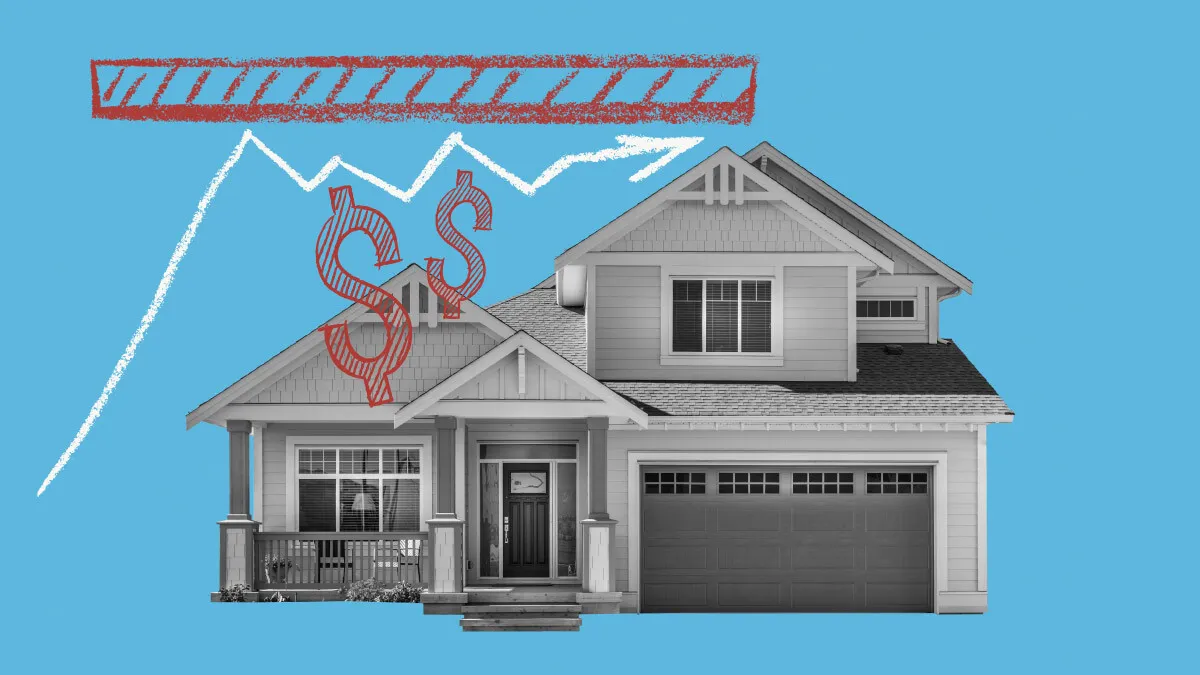
U.S. home prices rose 4.3% year over year in the third quarter of 2024, per the latest House Price Index (HPI) released Tuesday by the Federal Housing Finance Agency (FHFA).
Compared to the second-quarter figure, home prices were up 0.7%. And the FHFA’s seasonally adjusted monthly index for September also rose 0.7% from August.
“U.S. house price growth slowed in the third quarter, continuing a trend that started in the fourth quarter of the previous year,” Anju Vajja, deputy director for FHFA’s division of research and statistics, said in a written statement. “While house prices continued to increase because housing demand outpaced the locked-in housing supply, elevated house prices and mortgage rates likely contributed to the slowdown in price growth.”
FHFA’s measurements were expected given that the U.S. housing market has experienced positive annual appreciation each quarter since the start of 2012.
On an annual basis, home prices rose in 49 of 50 states in Q3 2024. Taking the lead with the highest appreciation rate was Hawaii (+10.4%), followed by Delaware (+8.5%) and Rhode Island (+8.4%). The only locations to see price declines were the District of Columbia (-3.1%) and Louisiana (-0.4%).
Drilling down to the metro-area level, prices grew over the past year in 91 of the 100 largest areas evaluated by the FHFA. Miami saw the largest annualized increase at 10.8%. On the flip side, just about 200 miles away, the North Port-Sarasota-Bradenton area experienced the largest decline at 6.4%.
All nine census divisions had positive house-price growth on a year-over-year basis, FHFA reported. The East North Central division (Wisconsin, Michigan, Illinois, Indiana and Ohio) led the way with a 6.8% increase from Q3 2023 to Q3 2024.
In a similar report released Tuesday, the S&P CoreLogic Case-Shiller Index notched 3.9% growth in home prices during the year ending in September. That was down from a 4.3% annualized gain in August and represented the slowest year-over-year growth since August 2023.






